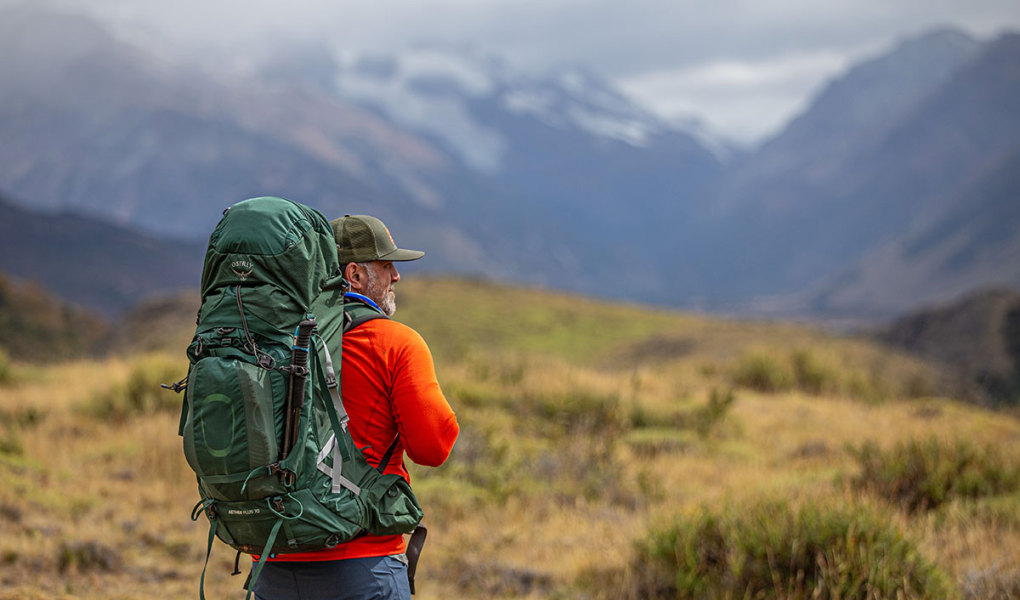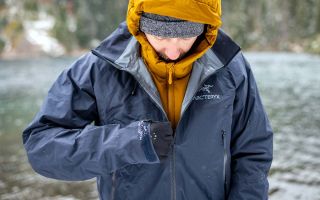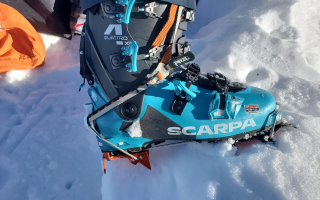When embarking on multi-day hikes carrying over 20kg of gear, choosing the right rucksack becomes paramount. Should one opt for the unparalleled comfort and support of traditional carrying systems, or embrace ultralight principles to minimise base weight? We gathered representatives from three major schools of thought: the Osprey Aether Plus 70 (the comfort king), the Gregory Baltoro 75 (the epitome of suspension systems), and the Zpacks Arc Haul 50L (the ultralight pioneer), to stage a clash of philosophy and practice.
I. Core Design Philosophy
Osprey Aether Plus 70: Features an AirScape back panel delivering exceptional ventilation and adjustability, underpinned by a robust and reliable carrying system.
Gregory Baltoro 75: Renowned for its Response A3 suspension system, which dynamically adjusts with your stride like a suspension system to distribute weight.
Zpacks Arc Haul 50L: Utilises carbon fibre fabric and an arched, open-cell back panel, achieving extreme lightness while maintaining structural support and back ventilation.
II. Field Performance Deep Dive
Carrying Comfort (Heavy Load >20kg)
Gregory Baltoro prevails. Its suspension system effectively transfers weight to the hips while minimising sway during movement, resulting in the lowest fatigue levels during extended carries.
Osprey Aether follows closely, offering exceptional back panel contouring and superior ventilation, though its weight distribution falls slightly short of Gregory’s.
The Zpacks Arc Haul excels below 15kg, but beyond 20kg, its thin waistbelt and shoulder straps begin to struggle, with noticeable pressure increases.
Lightweight Design and Capacity
Zpacks achieves a decisive victory. Weighing just 589g yet offering 50L capacity, its use of ultra-lightweight carbon fibre fabric is revolutionary.
Osprey and Gregory both exceed 2kg in weight, yet this trade-off delivers thicker padding, greater adjustability, and more durable fabrics.
Durability and Waterproofing
Zpacks’ polypropylene fabric is lightweight and water-resistant, though less tear-resistant than conventional nylon, requiring careful handling.
Osprey and Gregory employ high-density nylon, offering exceptional abrasion and scratch resistance. Among the three, only Zpacks is fully waterproof; the others require a rain cover.
Functionality and Details
Traditional rucksacks feature extensive external attachments, compartments, and kangaroo pockets for easy access. Zpacks prioritises minimalism and lightness, requiring users to adapt their packing habits.
III. Selection Guide and Summary
Choose Osprey/Gregory: If your itinerary is unpredictable, your load frequently exceeds 18kg, or you prioritise ultimate carrying comfort and security, opt unhesitatingly for a traditional heavy-duty pack. The extra kilogram of weight is wholly justified for the comfort gained.
Opt for Zpacks: If you’re an ultralight enthusiast who has meticulously minimised base gear weight, prioritises long-distance speed hiking, and is willing to invest budget and alter habits to shed every gram, Zpacks will unlock a new world for you.
Final Verdict: Lightweight is an aspiration, while comfort is an assurance. When you cannot have both, prioritise your hiking style and load-carrying requirements.



